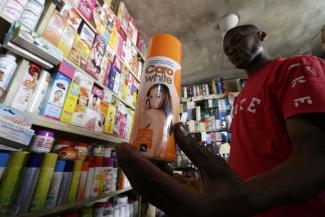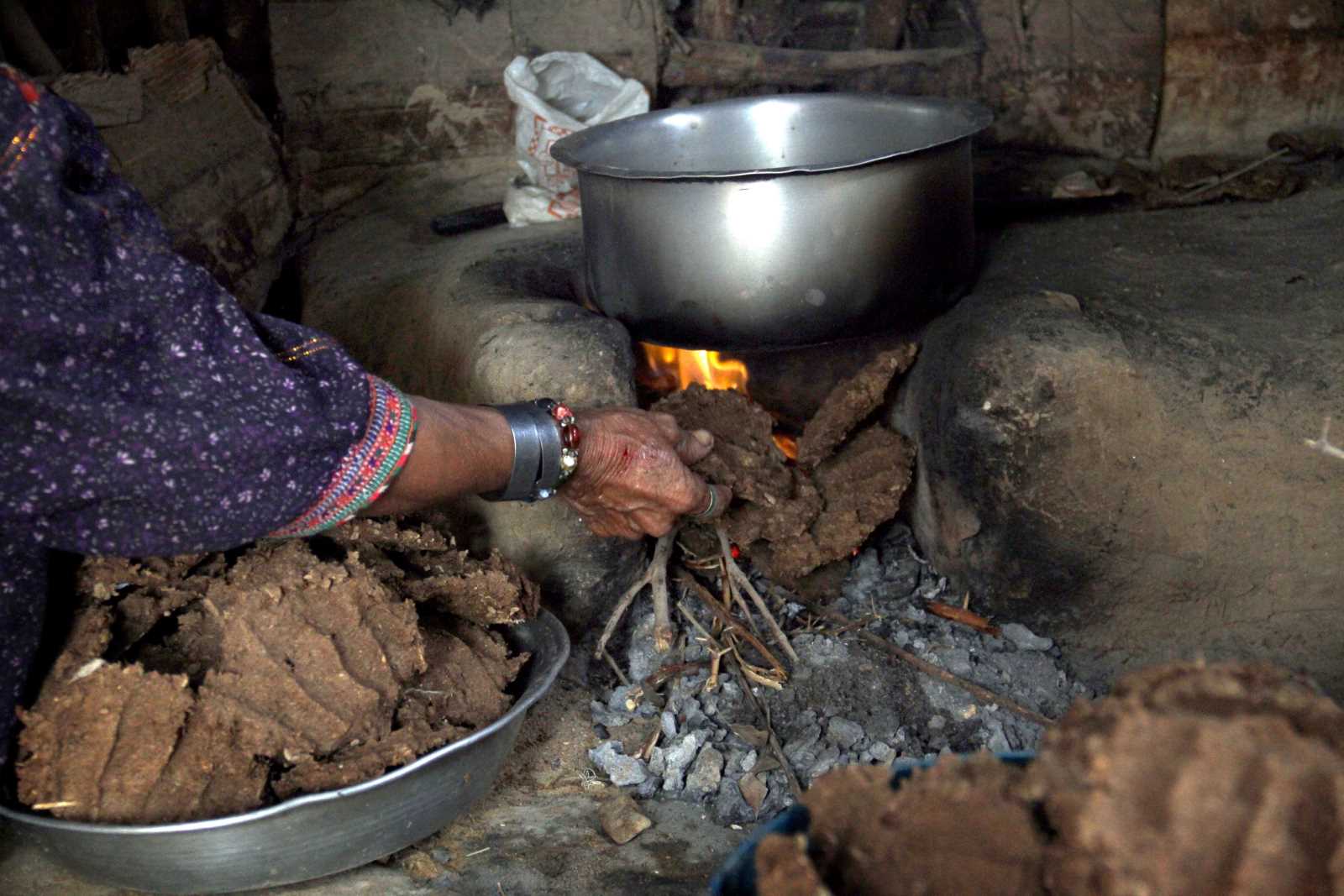Skin-whitening products
Why lighter complexions are associated with higher status

Many people – and especially women – buy cosmetic products to make their skin appear less dark in different world regions. In a study published in 2019, the World Health Organization (WHO) reckoned that the global sales of such creams will amount to $ 31.2 billion by 2024. It also stated that the turnover of the multinational beauty-products manufacturer Unilever in this segment was more than $ 500 million a year in India alone.
There are some signs that consumer demand may be changing, however. In June 2020, Unilever rebranded its 45-year-old skin-lightening product “Fair & Lovely” – one of the most popular beauty products in South Asia. The new name is “Glow & Lovely”. At the same time, pharma giant Johnson & Johnson stopped selling two of its skin-whitening creams in Asia altogether.
These two developments indicate that cosmetics producers may have started to slowly back away from skin lightening. One reason is that information about health hazards and environmental risks are spreading. Another is that black-rights activists are agitating against racist stereotypes.
Some of the products are made with harmful chemicals such as mercury and bleach. According to the WHO, the adverse health effects include kidney damage, skin rashes, skin discolouration and scarring. Moreover, mercury used in some whiteners is eventually discharged into wastewater and can enter the food chain. Fish, for example, can be contaminated. Apart from creams, pills and injections are popular too.
Unilever states its creams do not use harmful chemicals, relying instead on vitamin B3, glycerine and sunscreens. Unilever now even denies that its product is a skin-whitener, saying it is for “enhancing radiance and glow” by firming skin tone and smoothing skin texture. In the past, however, advertisements suggested a link between light skin and beauty, exploiting and reinforcing prejudice against people with darker skin.
Origins of ‘colourism’
This prejudice is known as “colourism” in South Asia. It has deep historical roots. The Mughals, who ruled large parts of South Asia from the 16th to the 19th century, had lighter skin colour than native residents. Even before the Mughals arrived, the high-ranking castes – and especially the Brahmins – had lighter complexions compared to the lowest caste of Dalits. European colonists further deepened this divide. Lighter skin is generally associated with status, social acceptance, economic opportunity and self-esteem in South Asia.
In Africa, too, companies do a brisk business in skin-lightening products. “Anecdotally, the appearance of lighter skin means faster and easier access in landing higher paying jobs, particularly in sales and marketing,” writes Vicky Colbert of the Borgen Project, a US based non-governmental organisation.
The origin of the demand for such products in Africa is similar to that in South Asia: a hierarchical social order that was internalised by its victims. The slave trade and colonial rule entrenched disparities in status, wealth and beauty. According to Colbert, “the legacy of racist views which positions white Europeans as superior has remained a structural belief system.”
Ideas of beauty, moreover, are probably reinforced by pictures of Black women celebrities in the USA. Their complexion tends to be rather light. Popstar Beyoncé is an example.
It need not be this way. “I am black and beautiful,” proclaims a poem in the Biblical “Song of Songs”: a young woman celebrates her blackness and asks why she should try to hide it (“why should I be like one who is veiled…?”) Slowly, this age-old insight – that black is beautiful – is seeping into regions where many women still try to hide their blackness.
Mahwish Gul is a consultant with a focus on development management. She lives in Nairobi.
mahwish.gul@gmail.com











